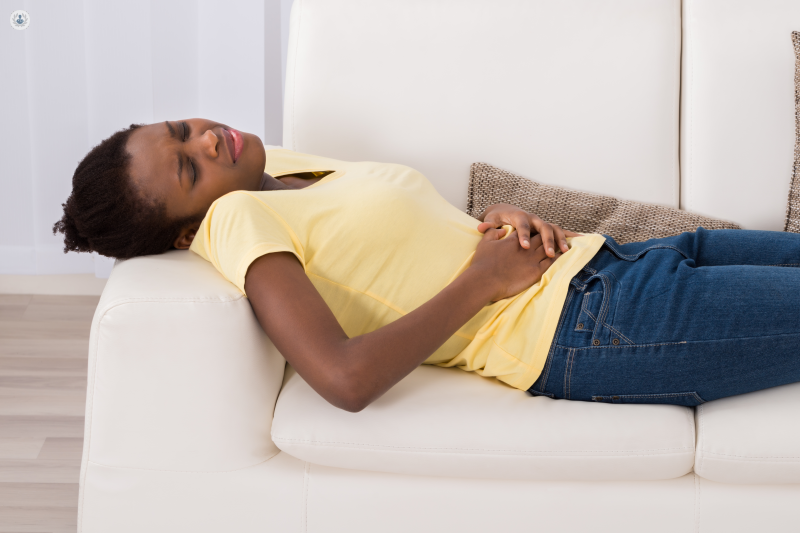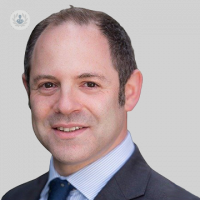What causes diverticular disease?
Written in association with:Diverticular disease is the latest topic of discussion in one of our latest medical articles below. Here, renowned and highly experienced general, colorectal, and emergency consultant surgeon, Mr Colin Hart, provides us with an informative guide in relation to the bowel disease.

What is diverticular disease?
Diverticular disease is a common condition characterised by the formation of small pouches, called diverticula, in the lining of the colon (large intestine). While diverticula themselves may not cause symptoms, when they become inflamed or infected, the condition is known as diverticulitis. Diverticular disease is most commonly found in older adults, with prevalence increasing with age.
What causes diverticular disease?
The exact cause of diverticular disease is not fully understood, but it is believed to be associated with a combination of factors, including age-related changes in the colon, a low-fibre diet, constipation, obesity, smoking, and genetic predisposition.
A diet low in fibre can lead to increased pressure in the colon, making it more susceptible to the formation of diverticula. Chronic constipation and straining during bowel movements may also contribute to the development of diverticular disease.
What are the associated symptoms?
Symptoms of diverticular disease can vary depending on the severity of the condition and whether diverticula are inflamed or infected. In many cases, individuals with diverticular disease may not experience any symptoms at all.
However, when symptoms do occur, they may include abdominal pain (typically in the lower left side), bloating, gas, changes in bowel habits (such as constipation or diarrhoea), fever, nausea, and vomiting. Complications of diverticular disease, such as diverticulitis, abscess formation, perforation of the colon, or bleeding, may require urgent medical attention.
How is it diagnosed?
Diagnosing diverticular disease typically involves a combination of medical history, physical examination, and diagnostic tests such as computed tomography (CT) scans, colonoscopy, or sigmoidoscopy to visualize the colon and assess the presence of diverticula or signs of inflammation or infection.
How is diverticular disease treated?
Treatment for diverticular disease aims to relieve symptoms, prevent complications, and improve quality of life. This may include dietary modifications (such as increasing fibre intake), medications (such as antibiotics, pain relievers, or antispasmodics), and lifestyle changes (such as regular exercise and stress reduction).
In cases of diverticulitis or complications of diverticular disease, more aggressive treatments may be necessary, including hospitalisation, intravenous antibiotics, bowel rest, and, in severe cases, surgery to remove affected portions of the colon.
To consult with Mr Colin Hart today, just head on over to his Top Doctors profile.


